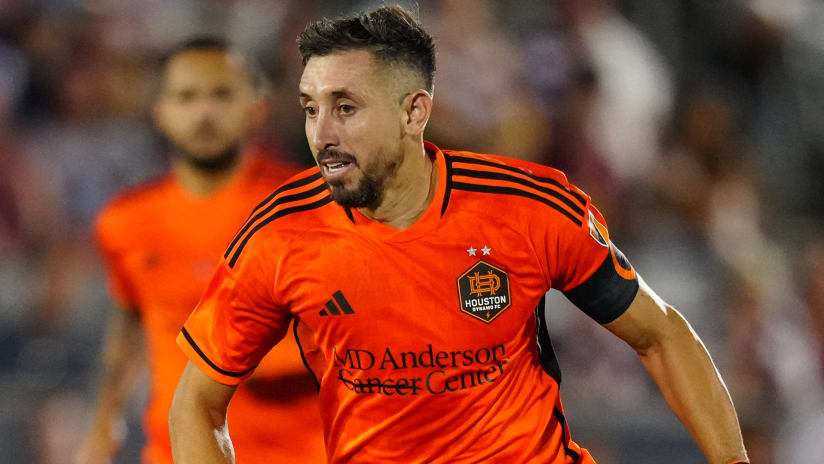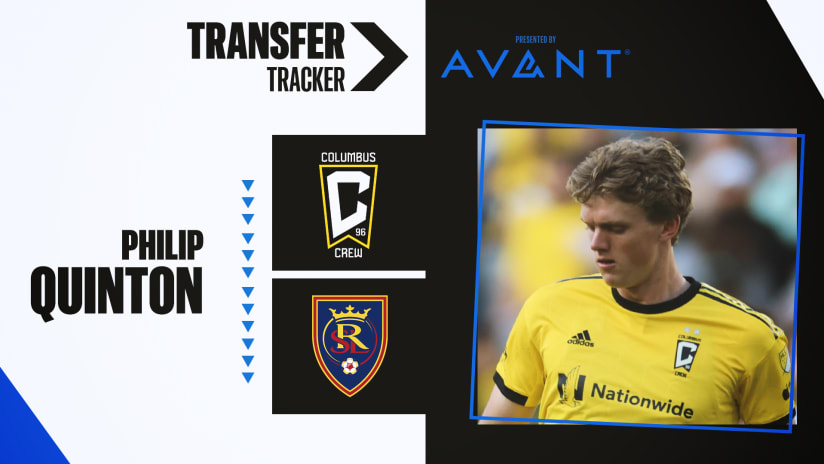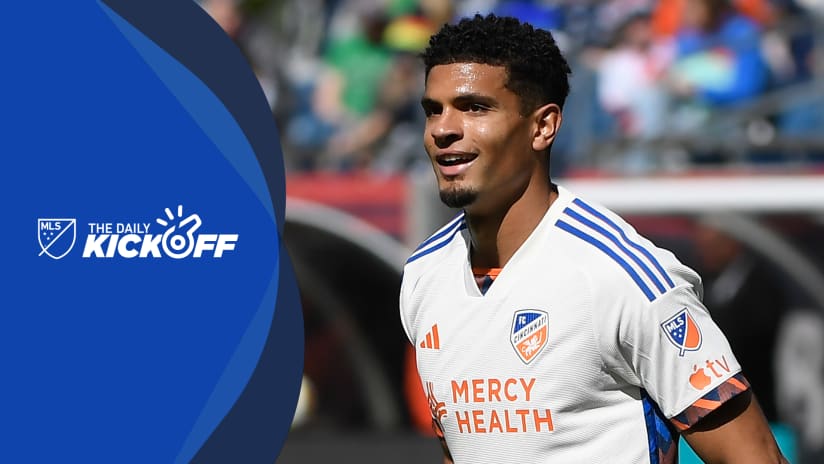I believe they are called protected players these days. Developmental players fall into this group as well. Either way, the players we are talking about are the ones who leave college early or never go to college and come directly from the residency program.
A few weeks ago I talked about how that's a very individual choice. I'd like to now follow up on that and talk about the role the college coach plays in this decision process. Collegiate coaches are in a difficult position. They want to recruit the best players but they don't want to lose them to MLS early. It is tough when your leaders leave and you have to start over every year or two years. Then again, that might not be so different from what coaches face in college football and basketball.
During my time at UCLA, I went through this process often. In the early days it dealt with players like Paul Caligiuri and their deciding to stay or go to follow European pursuits. Then it came again with Chris Henderson, Joe-Max Moore, Brad Friedel and others. Finally there was the Nick Rimando, Carlos Bocanegra, Peter Vagenas group. Some left early, some stayed. But, most importantly, I was involved in the process.
The players need to respect their coaches and make them part of the process. Often, players consult with their family, friends and agents or lawyers and inform the coach of their decision. They say that the coach's input is important, but their minds are many times decided before they talk to the coach. In my opinion this is disrespectful to the school, the soccer program and the head coach.
Sometimes players hesitate to include the coach because they feel his opinion is biased. Every head coach has a responsibility to his team and school to provide the best program he can muster. It is hard to have your best player or one of your best players leave early. But, the greatest responsibility a coach has is toward the individual player. The better he treats the person, the more conscious he is of what that player needs, the better his team and program will be. Trust is a vital component of coaching success. Honesty is important in dealing with the team and the individuals on your team. Respect is what everyone desires, both player and coach. Trust, honesty and respect bring with it responsibilities to the school, team and player.
The coach needs to properly address the good of the player. What is best for the development of this player? That is the most important and only question. I was taught by my early mentors, Dettmar Cramer and Max Wozniak, that the measure of a good coach is how many players you can produce or help to achieve the next level. I have won titles at every level. But my fondest memories are of seeing players that I coached become successful and the relationships that I have built in soccer.
When I was deciding to coach in MLS, a very wise person said to me, "Sigi, if one does not accept the challenges that life brings, then it is not worth living." I accepted the professional challenge. Being ready is a key ingredient to accept that challenge. The college coach must help the player determine if he is ready for the next challenge. When he is, he must move on. No matter how painful to the college coach, that is a responsibility he must take seriously and tackle honestly.
So, players and coaches: As you approach this decision, talk, listen and respect each other. Doing what is right for the player will make your program stronger. Players will want to play for coaches who prepare and let their players go at the right time. Determining that time is a difficult process.
Sigi Schmid is one of the winningest coaches in MLS history, having led the Los Angeles Galaxy to four honors in his five-plus years at the helm, including the 2002 MLS Cup championship. Send comments to Sigi at sigischmid@hotmail.com. Views and opinions expressed in this column views and opinions are the author's, and not necessarily those of Major League Soccer or MLSnet.com.










